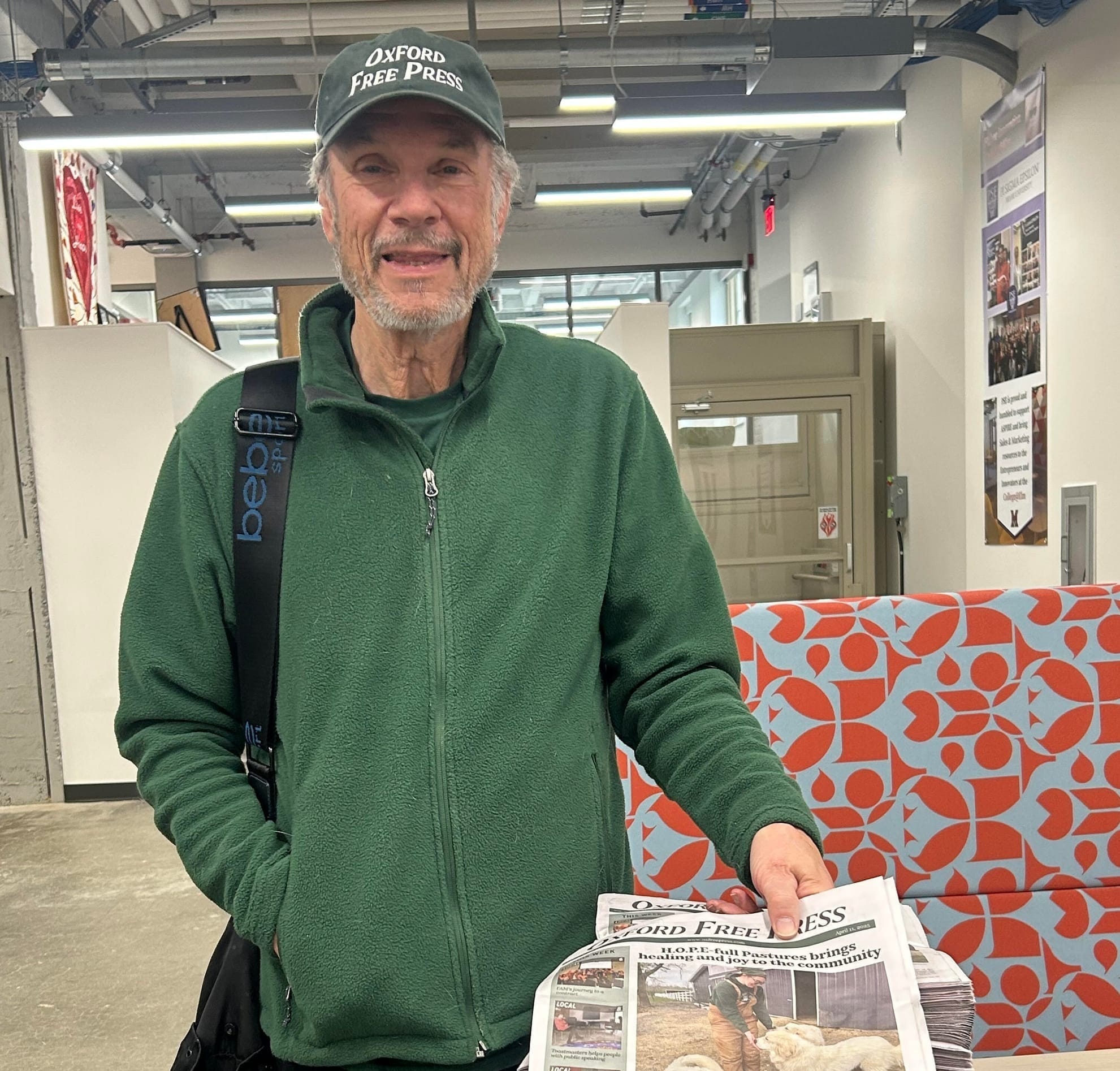
Tiny News Collective exists to support early-stage news entrepreneurs all across the United States who are raising their hands to provide community-focused news and information and places for community connection. We are who we are because of the founders we serve. And we want the journalism field, the civic information space and beyond to know about the creative, impactful work of these founders. To that end, we are thrilled to highlight their stories through an ongoing series of profiles and features.
For our latest feature, we caught up with Richard Campbell, the founding chair of the Media, Journalism, and Film Department at Miami University, who co-founded the Oxford Free Press. The Free Press is a nonprofit newsroom that launched last June to cover the town of Oxford, Ohio, along with the surrounding rural areas and the Talawanda School District. Richard is now the board secretary and writes a regular opinion column for the paper. He also helps deliver the paper to the Miami campus on Fridays (see image above). He talked about the paper’s coverage of and collaboration with the university, the challenges of getting the paper printed in another state, and the support the Free Press received from the local community foundation and donors.
Oxford is a town of about 20,000 people – more when the students are here. Since 1936, Oxford had a weekly paper, bought by Cox Media around 2008. Eventually Cox reduced the Oxford Press to a page in the Journal-News, a daily serving Middleton and Hamilton. In January 2024, Cox killed it.
I ran the journalism program at Miami University for a long time. In 2018, just to provide more local news, my department started the Oxford Observer, which was a digital-only publication produced by one of our classes. Two retired colleagues, Jim Rubenstein, a geography professor (now board president and also a columnist), and John Skillings, a statistician and former dean and provost, helped provide scholarship funds through the Oxford Community Foundation to support summer interns. This added some local news coverage to a town that has a big retirement community here because of the university. The problem with the Oxford Observer was it was hard to produce when the students and faculty were gone over the summer.
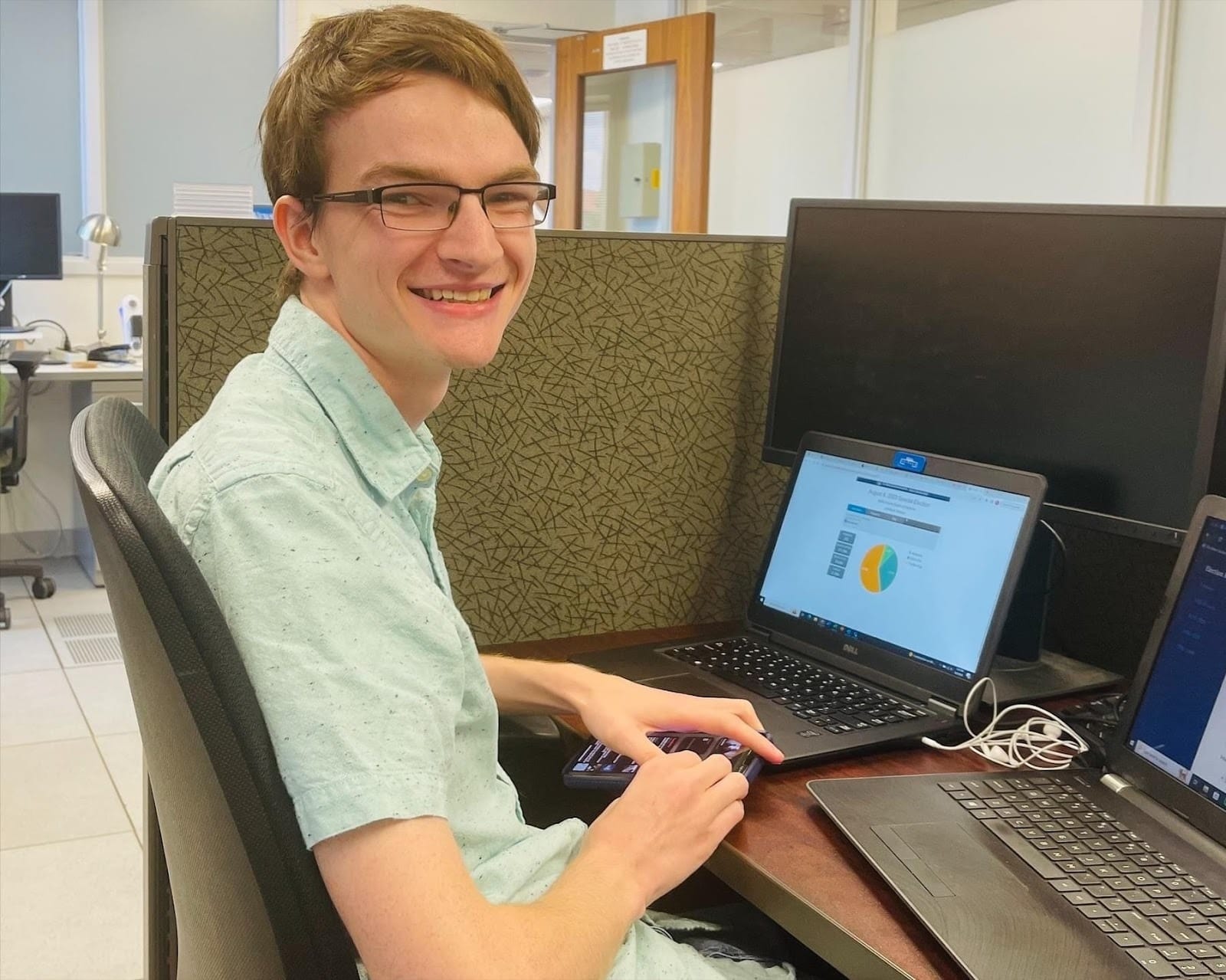
When Cox shut down the Oxford Press last year, Jim, John and I decided, “Let's do this again.” We wanted to create a newspaper that would come out once a week in print. As Jim likes to say, “Oxford is still a print town.” We got lucky and hired the outgoing editor of the Miami student paper, Sean Scott, who is a really, really talented young reporter. We hired him the day after he graduated from Miami last year. As a student he had won regional and national investigative reporting awards, covering a controversial provost who resigned after a turbulent three-year term.
Sean is our only full-time employee, and the Oxford Community Foundation helps cover the cost of interns and our printing costs. And we also got a grant from a foundation inside of Miami University called the Menard Family Center for Democracy that also supports interns and our print costs, which are roughly $850 a week for a 1,500 print run. And we’ve raised about $95,000 from donors. The community has been very supportive.
There have been a couple stories. One was about the university’s plan to tear down the old basketball arena and then place it on the site of the intramural sports fields for the students. It would really change the look of the campus and entry into town. And there was a survey done by the school that our editor, Sean, obtained with a public records request. That survey showed that most people in the community and at the university don't really want that site. There's another site that seems better, with easier access to an existing parking garage. But right now the school president and the Board of Trustees are going with this first site. That story is ongoing and had the most pageviews and time read on our website when it first ran.
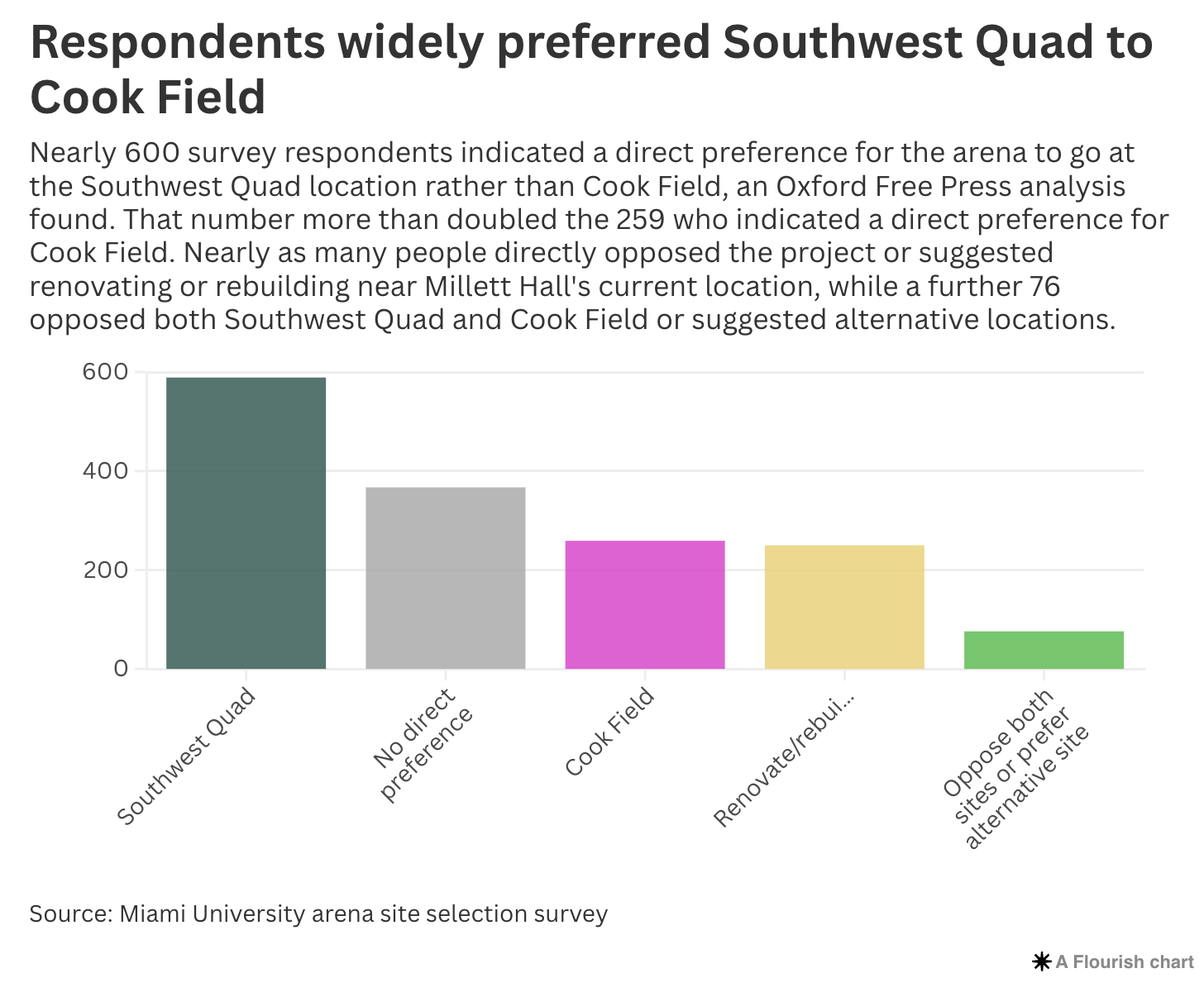
Also, there’s real educational and economic inequality in our community, with many struggling families particularly in rural areas versus a more highly educated population in town. Even in our small town, more than 90 people have been identified as homeless. Sean wrote a story about our cold shelter for homeless people running out of funding after a frigid January, and the Talawanda-Oxford Pantry and Social Services credited the Kiwanis Club and Oxford Free Press with helping to generate enough donations to operate the shelter for several additional weeks.
We were honored to win the “Organization of the Year Award” last year from the Kiwanis Club, which is amazing because we had only been in business for six months at that time. And we just won nine awards at the Ohio News Media Association’s statewide competition, including two first-place awards.
What we would really like to do is get another full-time reporter to help us cover rural townships. People in rural areas are the ones who are feeling most impacted from economic challenges.
People want information. I've seen the enthusiasm for having a weekly paper back in town. They really missed the paper when it closed. We’ve got a couple fairly big donations from some retired couples who are very, very supportive of what we’re doing. Our editor is really well known in this community because he covered the town for the student newspaper. He is regarded as a good reporter and an editor who gets things right.
For our current business model, we’re really being carried by our donations and those two grants for our first year. I’m helping apply for more grants for the paper. I’d rather keep the paper free and nonprofit — nonprofits are the way to go in the long run — but we’d like to sell more advertising as well. We’re trying to hire a part-time business manager who will do ad sales, and we’d like to hire a part-time social media editor, too. We had heard there was a lot of interest in local organizations that want a place to advertise but are disappointed we haven’t seen more of that yet. Hiring someone to do ad sales will help.
I had applied to Report for America last year to host a reporter to cover our rural communities outside Oxford but were turned down this first time. But the good news is that we were accepted to their pilot accelerator program, so we’ll get guidance on fundraising and sustainability from them. They encouraged us to apply again for a reporter position. A few of my former students got their start as journalists through RFA.
Inside Miami we have a lot of support. Miami has actually given us space in an old building that’s a little off campus and was remodeled as an innovation center. One of my arguments in asking for the space was, “What’s more innovative than starting a print newspaper?”
Mostly because the three founders have strong roots as Miami professors, we’ve had a good relationship with the school. The current head of the Media, Journalism & Film Department is on our board of directors. And she’s going to shut down the digital Oxford Observer lab paper because she doesn’t have the staff anymore due to the faculty cutbacks and increased teaching loads we’ve seen at a lot of public universities after COVID. That’s another story!
I asked for the Miami campus as my delivery route because I can keep in touch with former colleagues. A whole series of articles about the war in Ukraine got started because I deliver papers to a history professor who runs a center that studies Russia and Eastern Europe. I’d also like to see us collaborate a bit more with the student newspaper. There are issues, especially housing, that impact both the students and the broader community. My hope is that future editors and reporters come from the student paper and Miami’s journalism program. They could follow in Sean’s footsteps and start their careers at the Oxford Free Press.
Well, I think it becomes a place where we have a regular stream of advertising coming in. Another idea is to do a one-time postal mailing of the paper to everyone in the community. There are a lot of people who still don’t know we exist. I’ve always said that print can survive in small communities for a long time, but the problem over the long haul will be finding a place to print it.
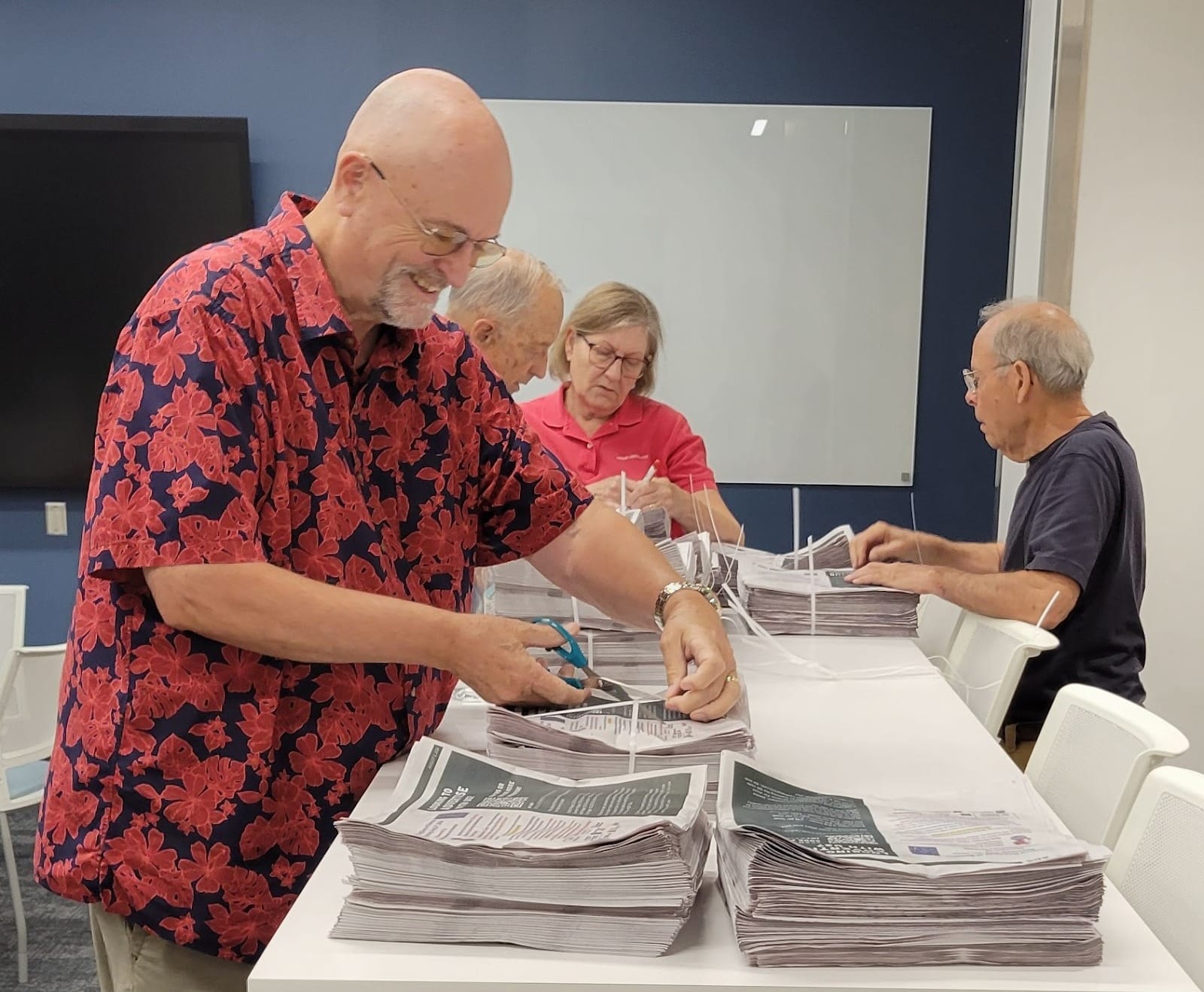
Our printer is in Indianapolis, so our papers get trucked over on Friday morning, and all the volunteers meet at our building, which has a nice loading dock. We divide them up and deliver them each Friday.
I think if we put a good foundation down and have streams of money coming from a variety of places, and with help from Report for America on sustainability, we could keep the Oxford Free Press going for some time. It’s also been a major boost to belong to organizations like Tiny News Collective, the Institute of Nonprofit News and LION Publishers. There are a lot of ideas and information circulating among these groups that makes you feel supported. It makes you feel like part of the bigger picture, rescuing and sustaining local journalism.
Featured image: Richard Campbell prepares to deliver papers on his regular route on the Miami University campus on a Friday in April 2025. (Photo courtesy of Oxford Free Press.)
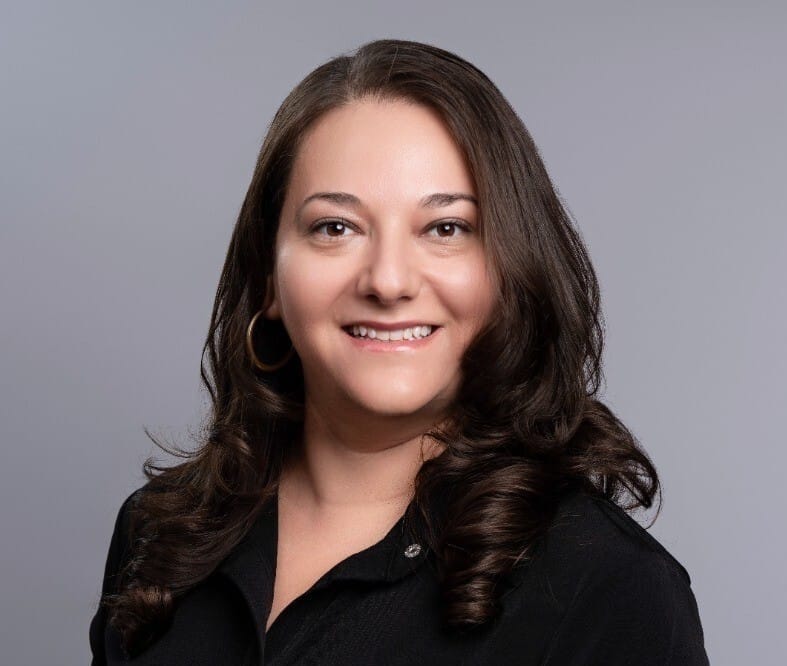
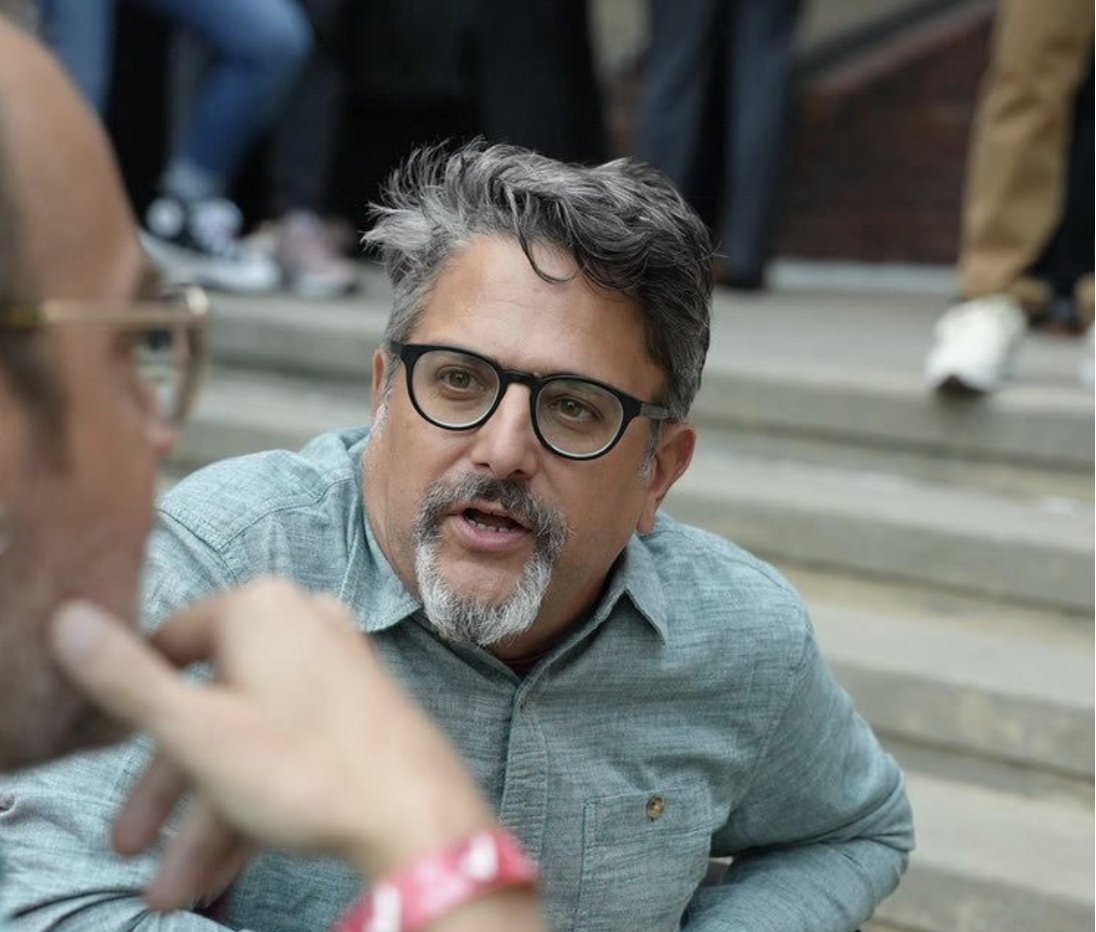
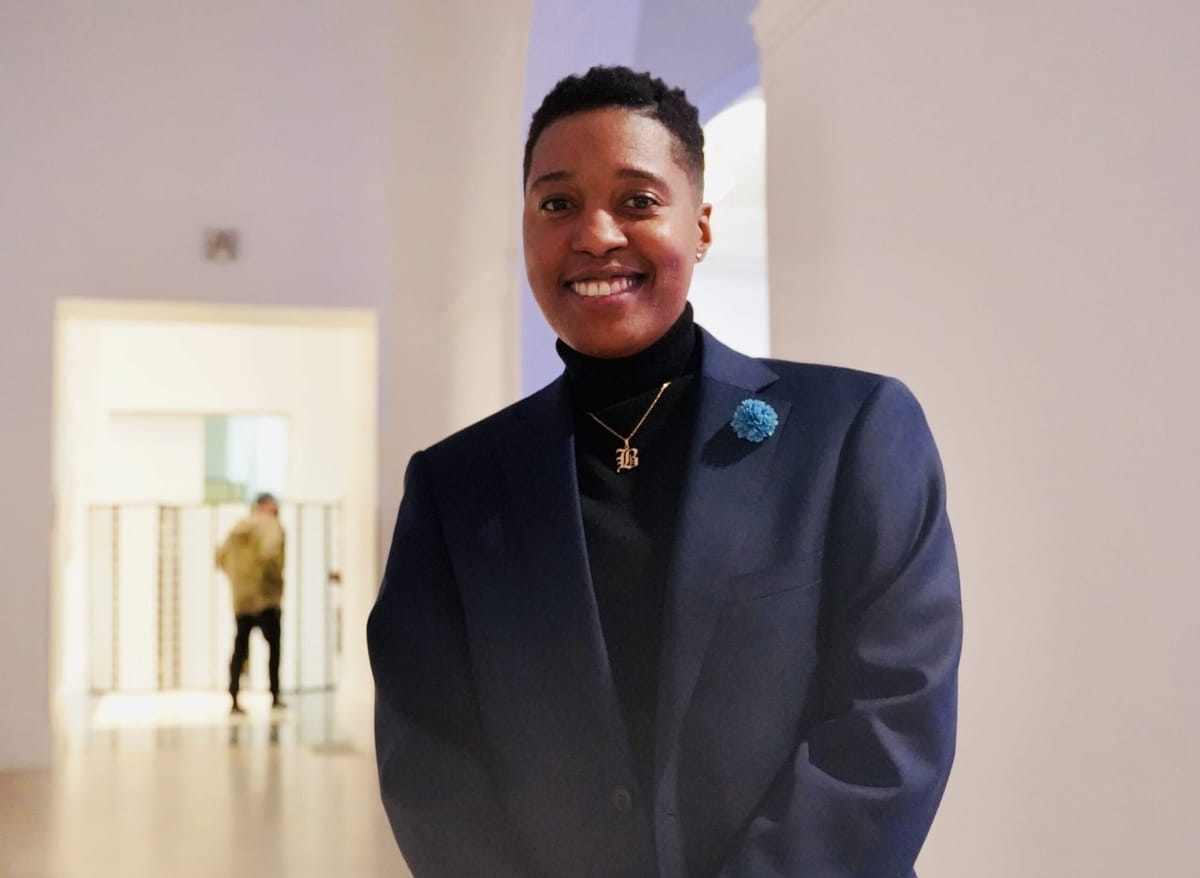
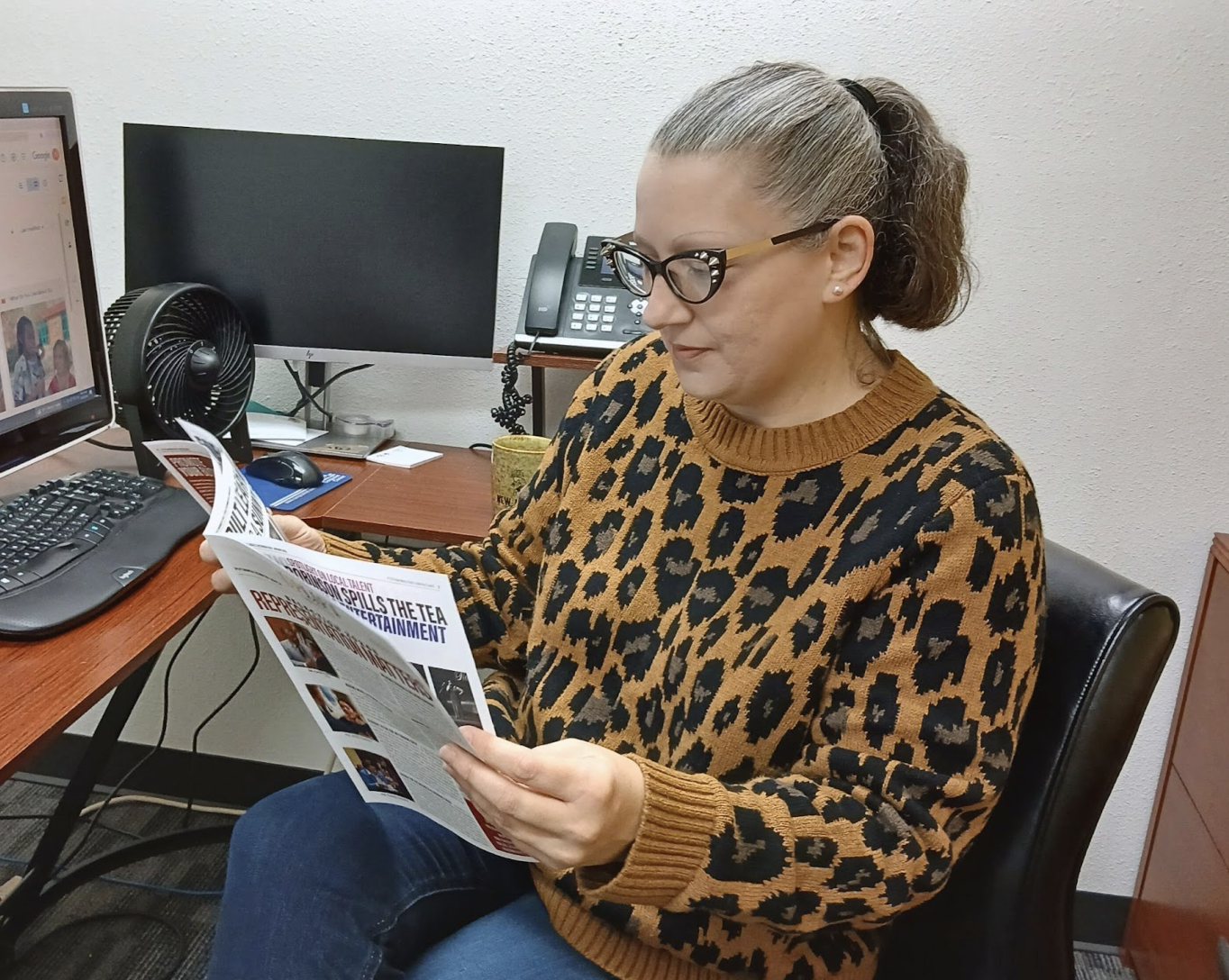
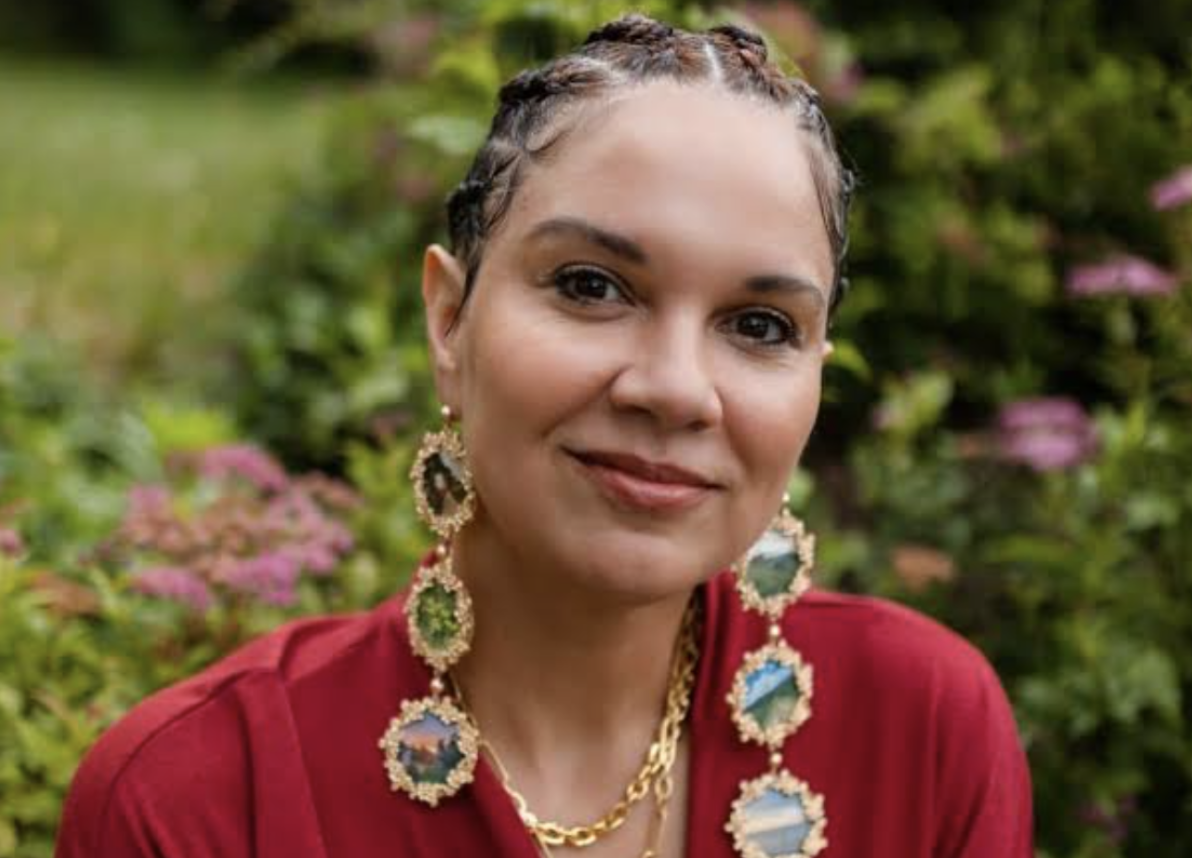
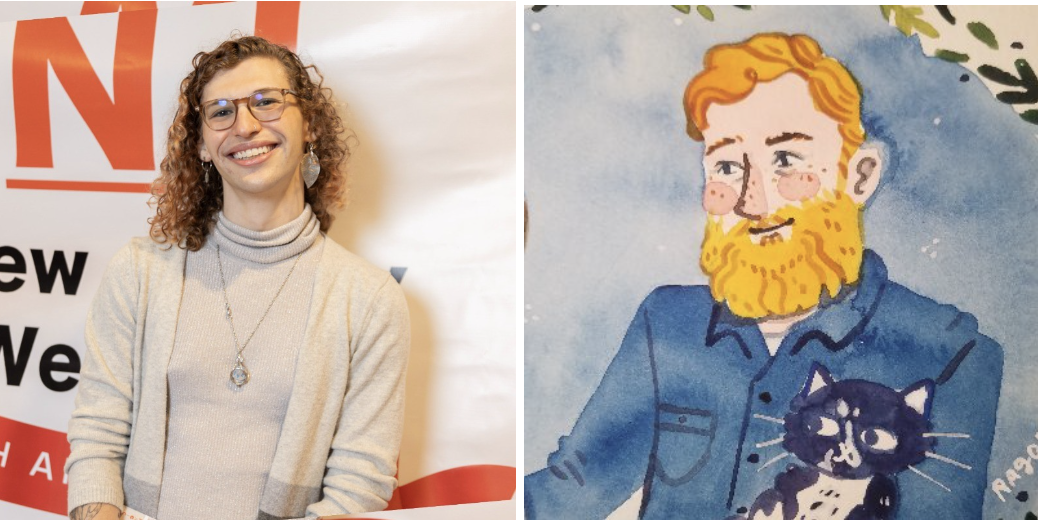
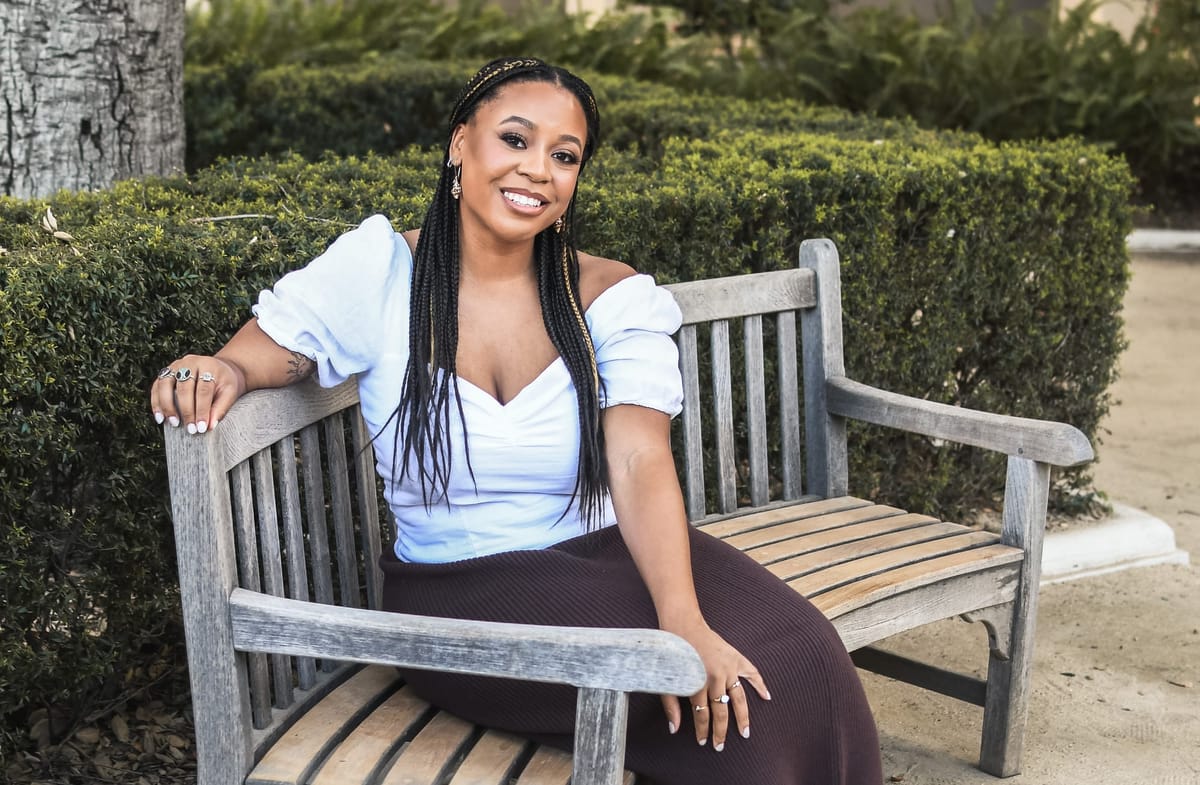
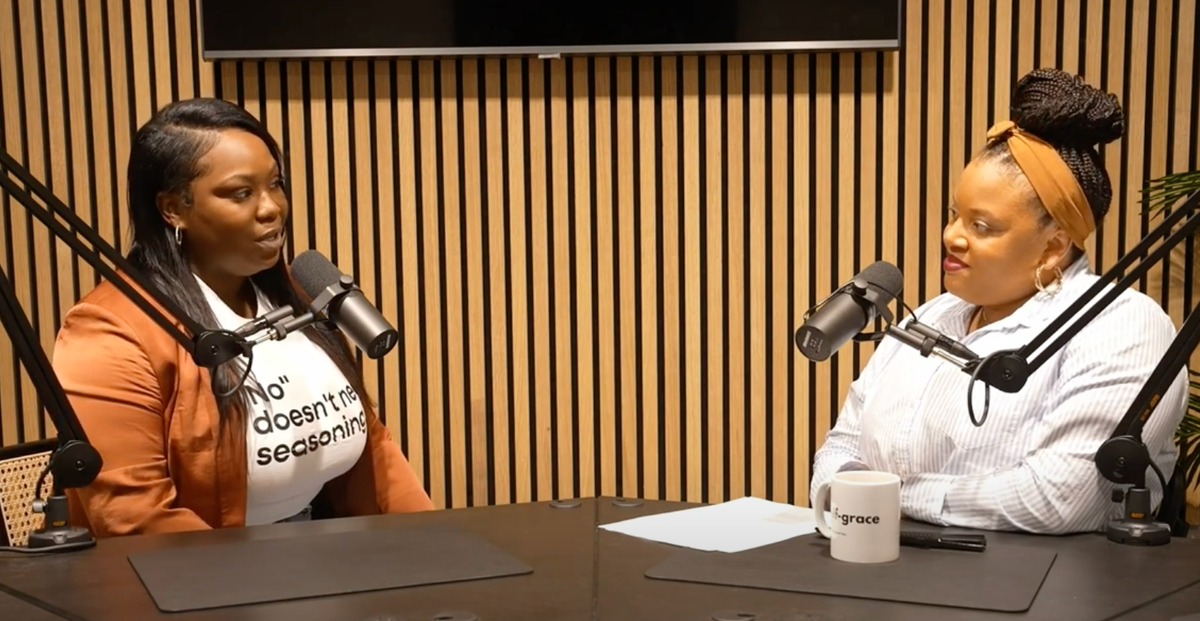
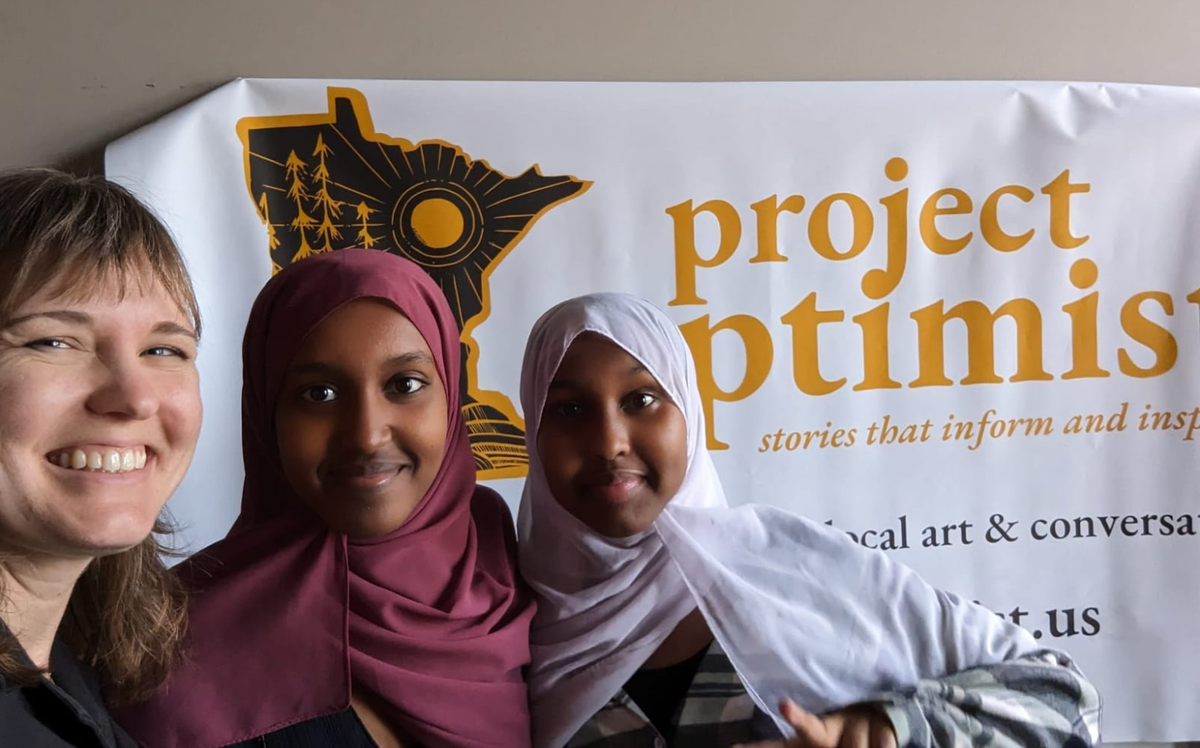
Sign up for our monthly newsletter for ongoing updates, announcements, and resources for newsroom entrepreneurs.